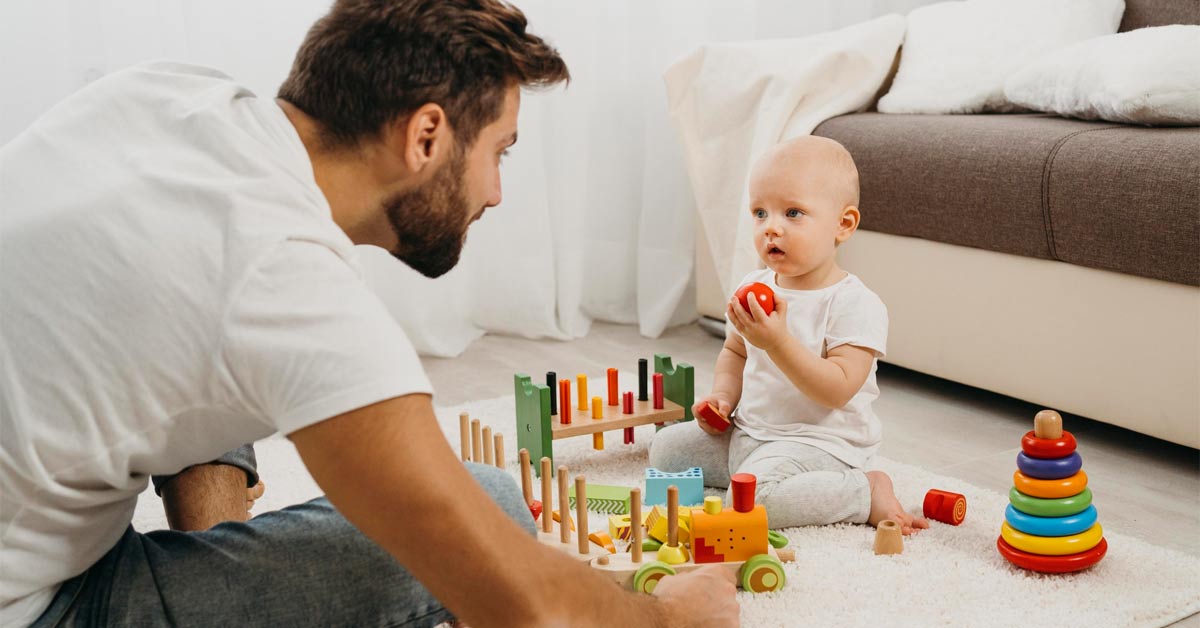Parenting today presents unique challenges that previous generations never faced. With concerns about screen time, academic pressures, and evolving social dynamics, many parents find themselves questioning traditional disciplinary methods. Setting boundaries helps build strong relationships whilst teaching children essential life skills.
Understanding Boundaries
Setting boundaries moves away from punishment-based methods towards teaching and guidance. Rather than focusing on what children have done wrong, this approach emphasises helping them understand consequences and develop problem-solving skills. It’s about setting clear boundaries with kindness and respect, creating an environment where children feel safe to learn from their mistakes.
The foundation of setting boundaries lies in mutual respect between parent and child. This doesn’t mean becoming your child’s friend but rather treating them as individuals worthy of dignity whilst maintaining your role as the guiding adult.
Building Emotional Connection
Children are more likely to cooperate when they feel emotionally connected to their parents. Taking time to understand your child’s perspective, even when their behaviour is challenging, strengthens this bond. Simple practices, such as active listening, acknowledging feelings, and spending quality one-on-one time, can transform the parent-child relationship.
When children feel heard and understood, they’re less likely to act out for attention. This principle applies whether you’re parenting your biological children or fostering a child. By the way, if you are considering fostering a child, you may want to explore a reputable Bromsgrove fostering agency, where building trust and connection may require additional time and patience.
Setting Clear Expectations and Boundaries
Consistency is crucial in setting boundaries. Children thrive when they understand what’s expected of them. Establish clear, age-appropriate rules and explain the reasoning behind them. Instead of arbitrary commands, help children understand how their actions affect others and themselves.
Involve children in creating family rules when possible. This collaborative approach helps them feel invested in following guidelines they’ve helped establish rather than simply obeying imposed restrictions.
Natural Consequences vs Punishment
Traditional punishment often focuses on making children suffer for their mistakes. Setting boundaries emphasises natural and logical consequences that relate directly to the behaviour. If a child forgets their lunch, the natural consequence is feeling hungry, which teaches responsibility more effectively than a lecture.
When natural consequences are insufficient or unsafe, logical consequences should be clearly connected to the behaviour. For instance, if a child misuses their mobile phone, losing phone privileges for a specified period makes sense, whereas being grounded from seeing friends doesn’t relate to the original problem.
Teaching Problem-Solving Skills
Rather than solving every problem for your children, guide them through the process of finding solutions independently. Ask open-ended questions like “What do you think might happen if…” or “How could we solve this differently next time?” This approach builds confidence and critical thinking skills that serve them throughout life.
Setting boundaries isn’t about being permissive or avoiding all conflict. It’s about raising children who understand consequences, respect others, and develop strong problem-solving abilities. By focusing on teaching rather than punishing, parents can build stronger relationships with their children while preparing them for independence. Setting boundaries yields dividends in cultivating confident, responsible young people who can navigate life’s challenges with resilience and empathy.






